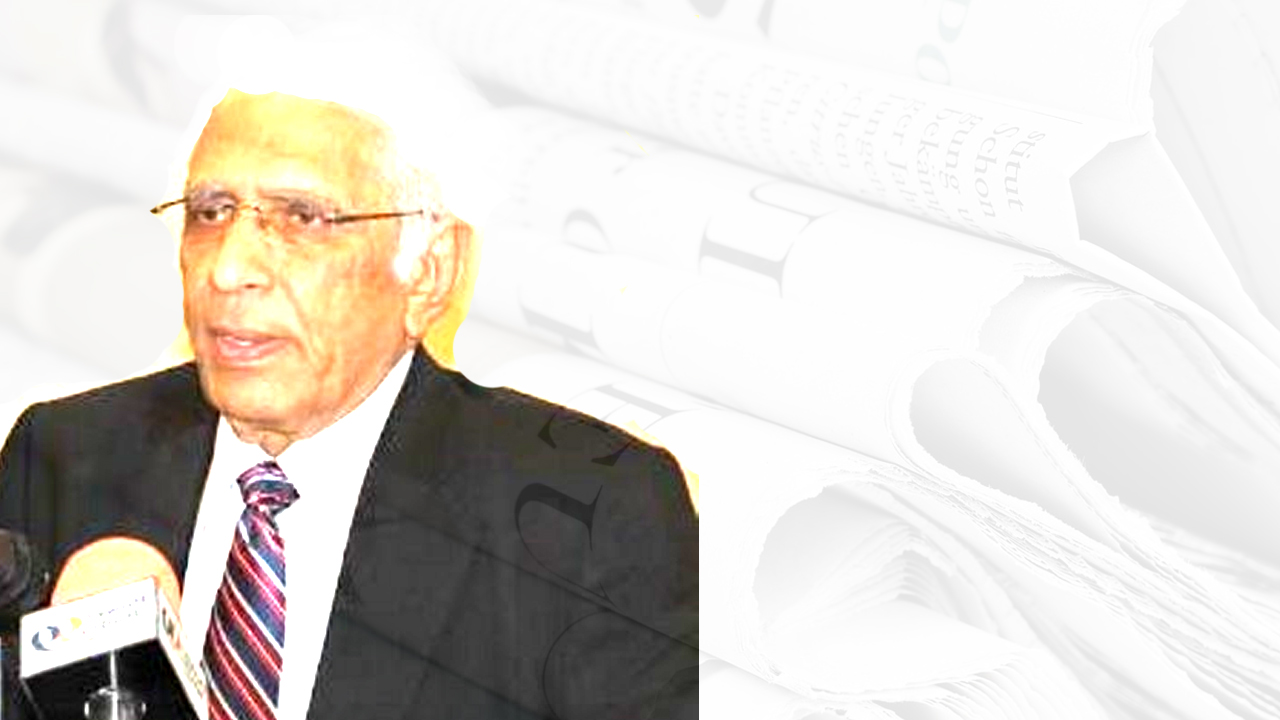As per the government’s agreement with the Tahreek-i-Labaik Pakistan (TLP) a resolution seeking the expulsion of the French ambassador was tabled the other day in the National Assembly. But as per government’s strategy to avoid any damaging repercussions of turning it into an officially mandated call the NA was prorogued without a debate on the resolution. Still, the sentiments of the House were conveyed to France rather unofficially by having both the opposition and the treasury benches jointly besiege the speaker’s rostrum in a rare show of unity, demanding the eviction of the French ambassador from Pakistan for blasphemy.
This is all very clever. But in the ultimate analysis, the approach only added to the already escalating nuisance value of the TLP, a banned political entity which had emerged as the third largest party in Punjab following the 2018 elections. Had the state acted firmly against the group when in October 2017 it had occupied the Faizabad bridge protesting against what had appeared to be a self-perceived watering down of the blasphemy law, the country would have been spared the frequent disruptions of civic life with the government as frequently forced to accept unlawful demands of the TLP. The Faizabad bridge occupation before it was vacated also saw the state itself forcing the government of the day to sign a 15-point agreement with the LTP which was virtually a surrender document attested by a uniformed officer who distributed money among the arrested TLP workers on being released. This, as expected, further emboldened the TLP leadership to continue punching much above its weight.
When Asia Bibi, Pakistani Christian who was charged with blasphemy was acquitted and then flown out of the country, the TLP went rampaging all over the country bringing it to a standstill. Quelling the riot, the police carried out an operation and arrested the Chief of TLP, Allama Khadim Hussain Rizvi along with some 50 members of his party on 23 November 2018 following which protests spread out and the situation deteriorated further forcing the government to once again sign an appeasement accord with the rioters.
On 12 April 2021, Allama Khadim Hussain Rizvi’s son, Hafiz Saad Hussain Rizvi was arrested by police while he was coming back from a funeral prayer prior to a planned protest by the party on 20th April 2021. The planned protest’s motive was to pressure the Government of Pakistan to deport the French ambassador in Pakistan over the controversy of some blasphemes cartoons
State institutions seem to nurse sympathy for all sorts of religious groups, except when they start challenging the state’s turf itself. The TLP has been testing the limits of the state institutions for some time and the state adopted its conventional approach of appeasement whenever TLP supporters came out onto the streets. But unfortunately, the religious groups acquire undue legitimacy and excessive political power whenever the state enters into an agreement with them. Such commitments give the impression that the state institutions are not capable of chalking out a long-term strategy to deal with such groups or perhaps such militant entities are created, funded and protected by the establishment itself to be used as its armor when challenged by mainstream political parties.
TLP was founded by Khadim Hussain Rizvi on 1 August 2015 and banned on 15 April 2021 by the Government of Pakistan under the Anti-Terrorism Act 1997 Rule 11. The party rose to fame, after the hanging of Mumtaz Qadri, a convicted murderer, which the TLP states was unjustified. Most of the party’s members belong to the Barelvi school of Islamic thought.
When you claim to be a Muslim, it is a given that you believe, to the core of your heart and mind, in the finality and honour of Prophet Muhammad (PBUH). So, with most of the Pakistanis claiming to be Muslims, no matter to which political party one belonged to, one is considered as good a Muslim as the next one. In such a socio-political milieu emergence of religio-political parties subscribing to various schools of Islamic thought can only end up dividing the nation into various factions, each one fighting for its supremacy, in the process pushing the nation into a war of attrition with itself.
Extremism is the biggest enemy of the nation, which is not only weakening the already deteriorating governance system in the country but also undermining national dignity and Pakistan’s global image.
There are at least 247 religious groups and parties operating in the country that have more or less similar motives and agendas. The inception phases of many of these groups have also been similar; they largely grew from either the Khatm-i-Nabuwwat movements of the 1960s and 1970s or sectarian groups’ campaigns of the early 1980s, which deepened the sectarian divide in society.
Since the establishment of Pakistan, each decade has seen different religious groups that have hedged or amplified religious-ideological sensitivities around various issues. But the finality and honor of Prophet Muhammad (PBUH) have remained the most important themes for sensitizing the people. In recent history, the Jamaat-i-Islami (JI) had led violent protests in 1989 over the issue of Salman Rushdie’s blasphemous novel. From 2005 to 2012, it was the banned Jamaatud Dawa which mobilized and brought together religious organizations under the banner of the Tehreek-i-Tahaffuz-i-Hurmat-i-Rasool over the issue of the blasphemous images of the Prophet published in different European countries.










